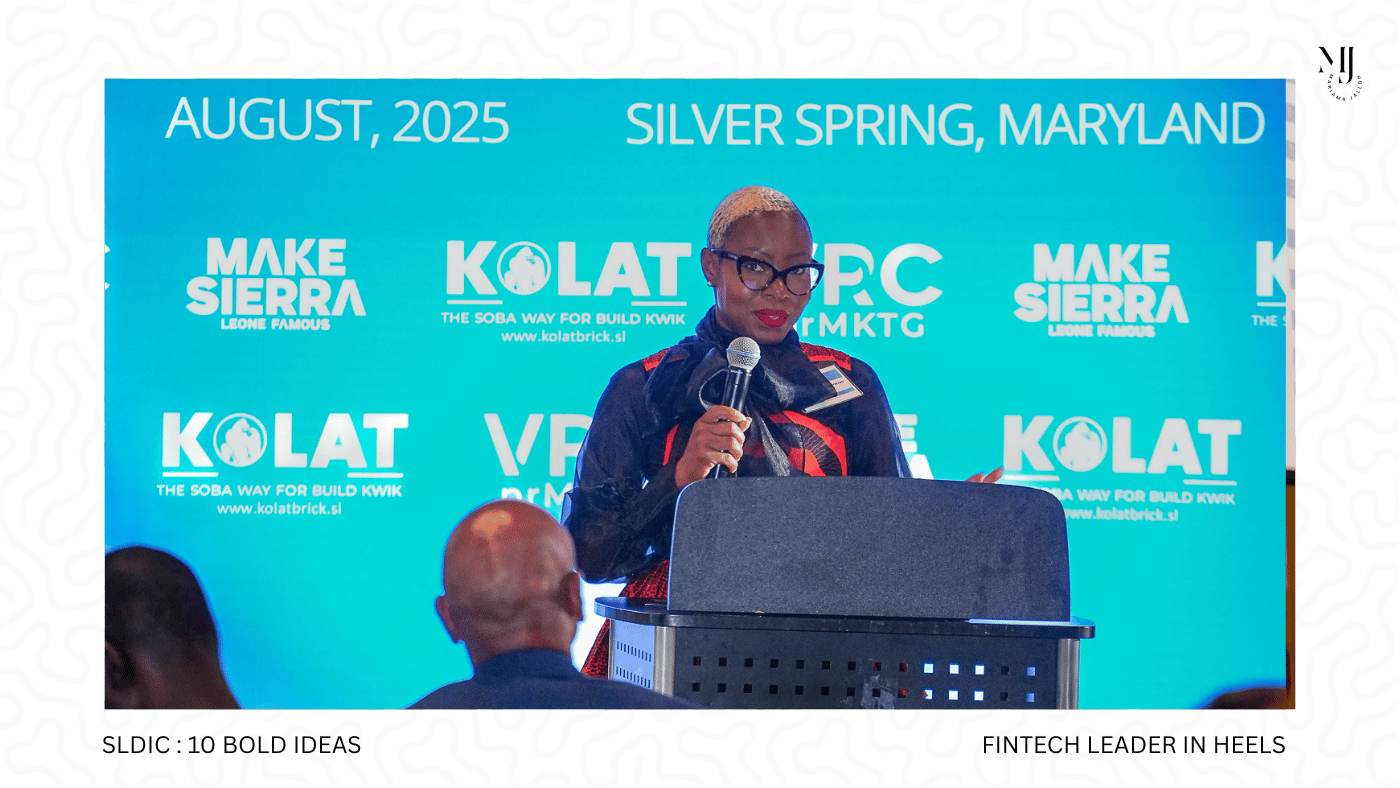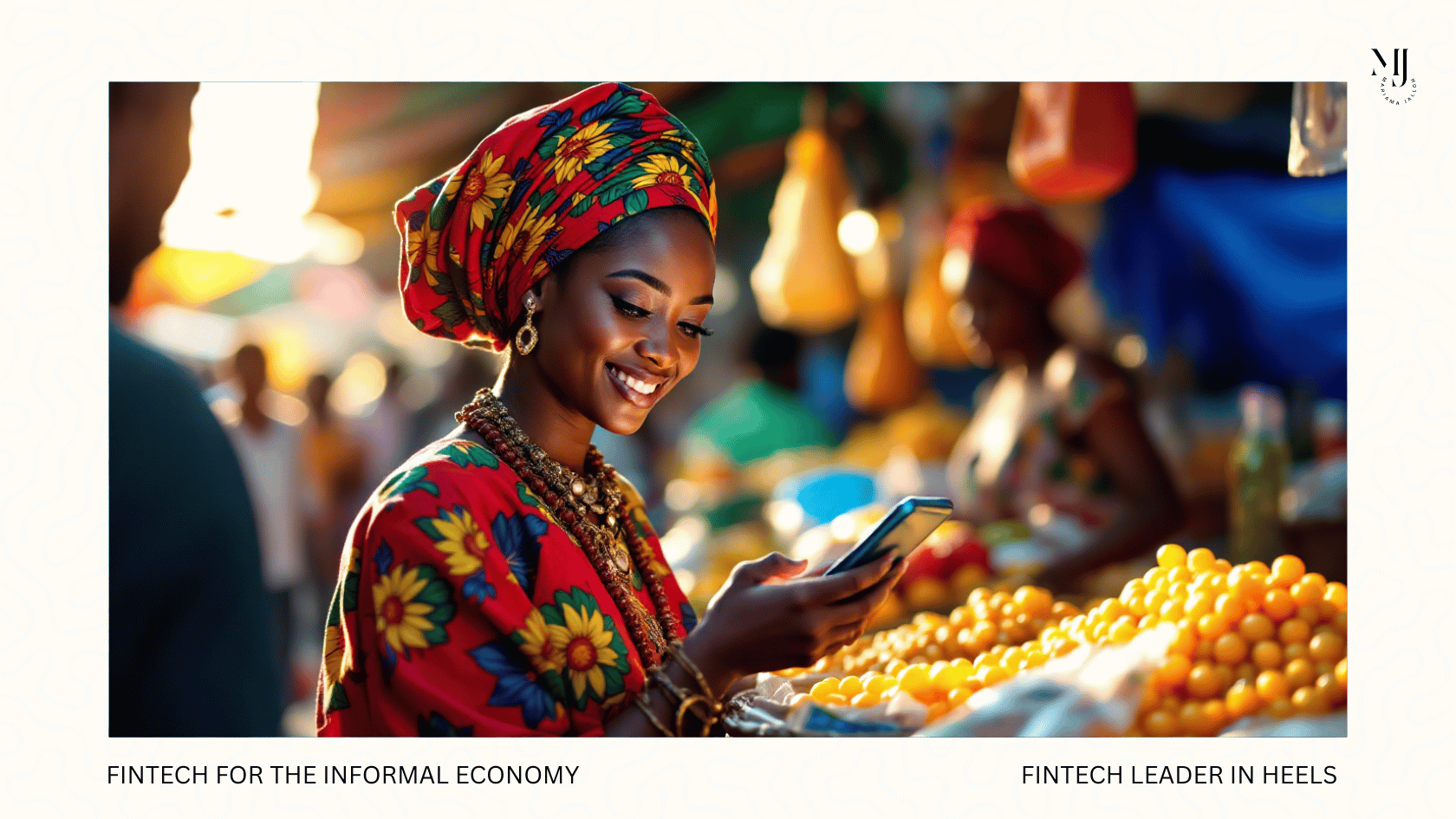
Where Will Your First Million Come From? Funding Pathways for Startups in Emerging Markets
Where banks won’t lend, microfinance institutions (MFIs) step in. Africa is home to over 400 MFIs serving more than 40 million people. They’ve long been the backbone of Africa’s informal economy, providing small loans to farmers, market women and gig workers.

10 Bold Investment Ideas Sparked by the Sierra Leone Diaspora Investment Conference
Sierra Leone, like many emerging markets across Africa, sits at the crux of change, where digital transformation, infrastructure gaps, food security, climate resilience, and a rising entrepreneurial class intersect. That convergence creates rare opportunities for investors ready to build systems that are inclusive, future-proof, and rooted in local strength.

Fintech for the Informal Economy: Designing Products That Truly Fit
The so-called informal economy is Africa’s economic backbone accounting for 80–90% of jobs and up to 65% of GDP in Sub-Saharan Africa (Fintech Insider Africa). From street vendors and market hawkers to gig workers and smallholder farmers, these entrepreneurs operate outside traditional banking systems, relying instead on flexible, trust-based tools.
For fintech, this is both a challenge and an opportunity. Success doesn’t come from copying legacy banking models that have already failed this sector it comes from designing products around local realities, cultural norms, and economic behavior.
This means building for USSD, agent networks, and pay-as-you-go flows; using alternative data for credit; digitizing savings groups; and embedding financial tools directly into daily workflows. Done right, fintech can unlock trust, scale, and lasting impact meeting people where they earn, trade, and thrive.

